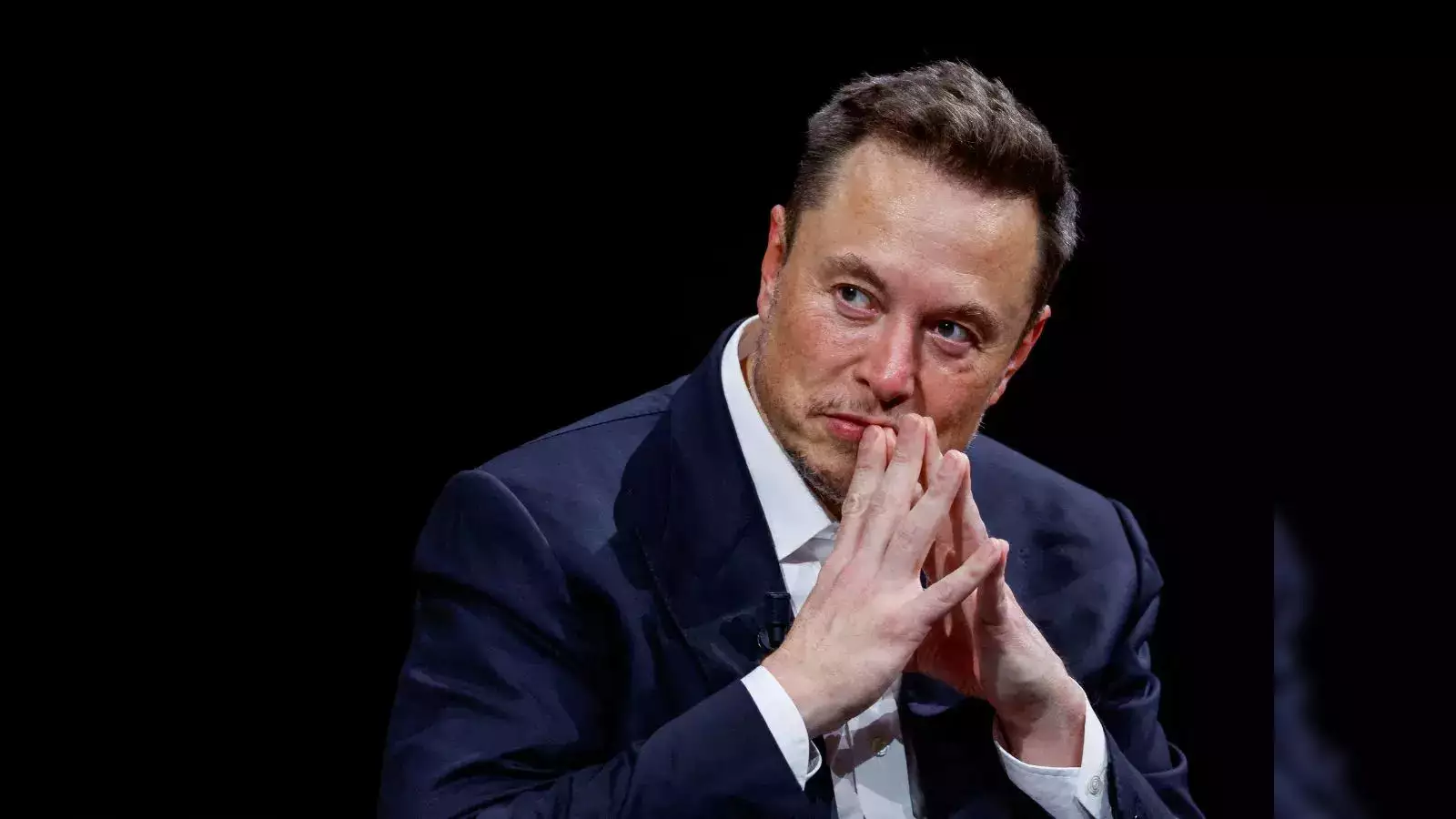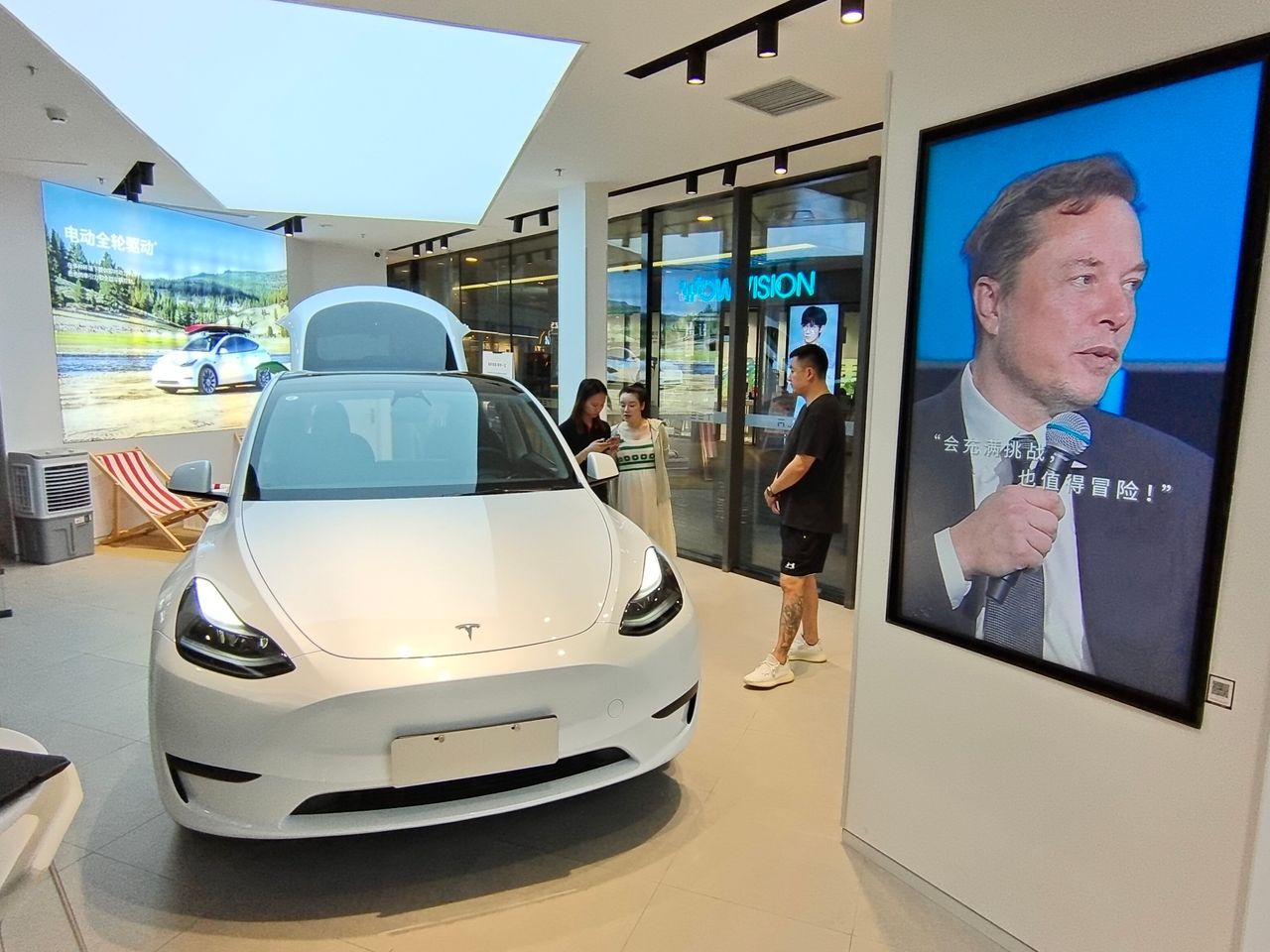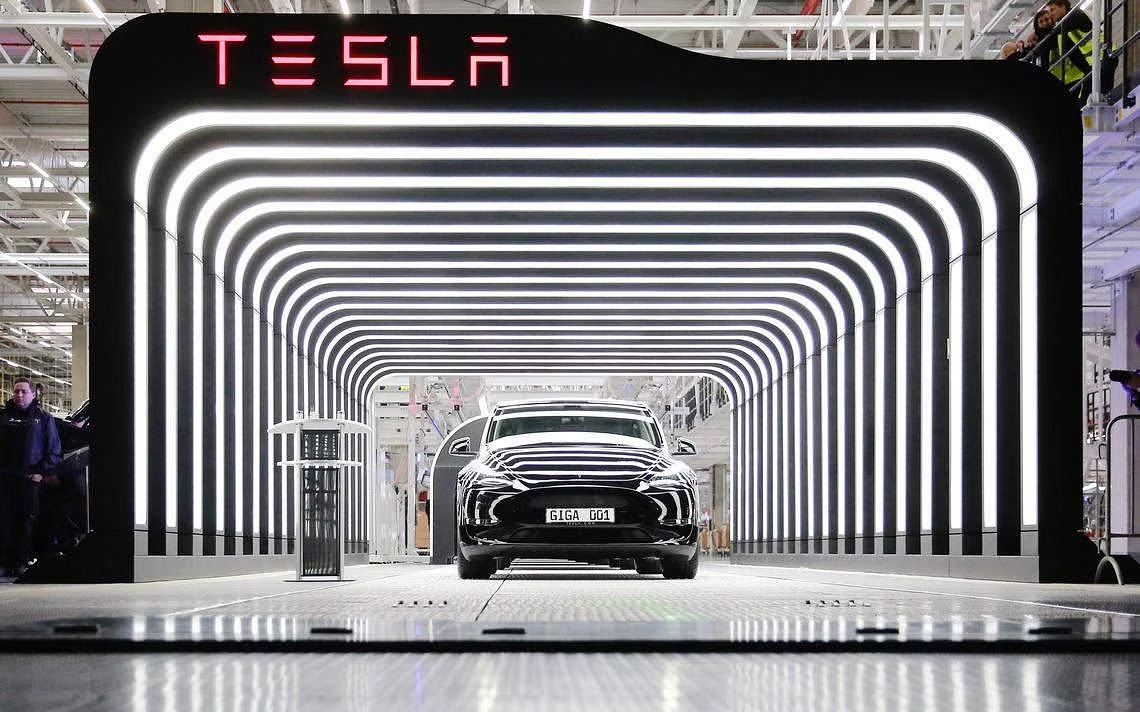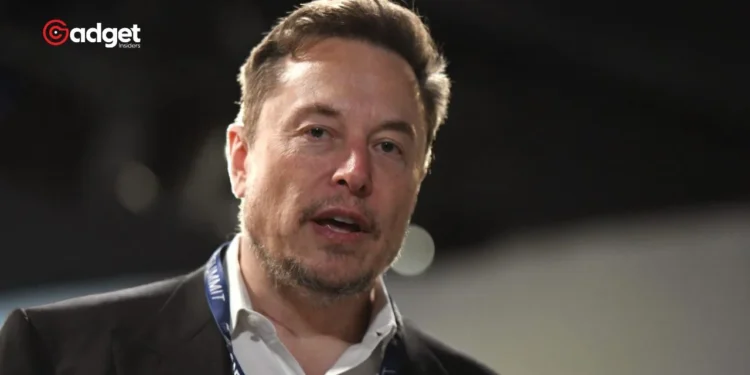During a recent Tesla shareholder meeting, NYC Comptroller Brad Lander vocalized significant concerns regarding the governance exercised by Tesla’s board, particularly criticizing the handling of CEO Elon Musk’s compensation. Lander, representing $271 billion in assets from five NYC retirement funds holding 3.4 million Tesla shares, argued against Elon Musk’s 2018 compensation package and questioned the independence of board members closely related to Musk.

Challenging Elon Musk’s Compensation
The crux of the issue stems from a Delaware Chancery Court ruling in January, which rescinded Elon Musk’s pay previously valued at $56 billion, citing a lack of independence and proper negotiation by the board. This prompted Tesla to consider relocating its headquarters from Delaware to Texas, pending investors’ reapproval along with Musk’s compensation package.
Corporate Oversight and Independence
Lander emphasized the need for independent governance to ensure executive pay packages are reasonable and justified. “This vote is not a referendum on Elon Musk as CEO. He is a visionary whose role in Tesla in the past has been critical, but there must be independent shareholder governance,” Lander stated. His stance is supported by shareholder advisory firms like Glass Lewis and Institutional Shareholder Services, which recommend voting against the pay proposal.

Distracted Leadership?
Concerns extend beyond governance. Critics, including Ivan Frishberg, Chief Sustainability Officer at Amalgamated Bank, note Elon Musk’s scattered focus might impact Tesla’s operational stability. Frishberg pointed out Musk’s involvement with multiple ventures, suggesting it detracts from his capacity to steer Tesla amidst increasing global competition and internal corporate challenges.
Broader Implications for Corporate Governance
The ongoing disputes at Tesla reflect wider corporate governance and accountability issues in major corporations, with potential repercussions across the capital markets. NYC Comptroller Lander warns, “When billionaires are allowed to flout the rules, normal people suffer,” highlighting the broader societal implications of corporate governance failures.

This high-stakes drama unfolds as Tesla navigates complex leadership dynamics, with significant implications for investors and the broader market landscape.










